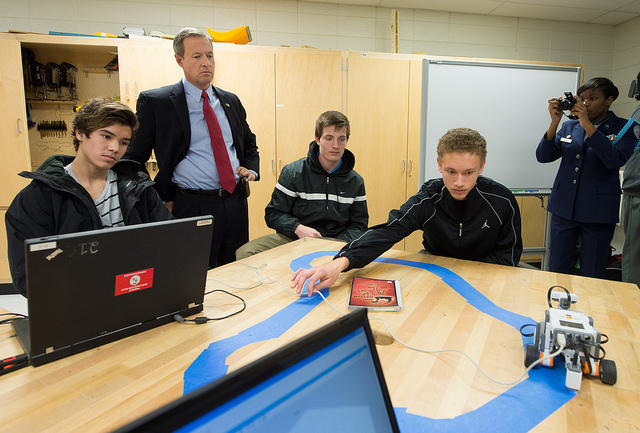Understanding the 4 Main Schools of Philosophy: Principle of Idealism

Understanding philosophy is important for educators not only so that they possess an individual philosophy but gain more awareness to the philosophies of their students and administrators. In this series on the four main schools of philosophies idealism, realism, postmodernism, and pragmatism will be reviewed to assist with understanding the elements of philosophy. This article focuses on idealism.
Philosophy has a number of well-defined schools of thought. Philosophical schools of thought have had a profound influence on approaches to teaching and learning, as well as on the progression of human society. The role of teachers also evolves according to the dominant accepted philosophy of the time.
The underlying principle of idealism is that reality is largely an extension of mental processes, which are the true reality. Idealism proposes that ideas are universal and eternal, unlike physical objects, which are subject to the alteration of the forces of nature. Idealism can be categorized into three main sections: classical, modern, and religious.
Classical idealism refers to the set of theories put forward by Socrates and Plato (427–347 BC) in their search for an Absolute Truth. Socrates and Plato questioned the fundamentals of reality, knowledge, and human nature. From these teachings emerged the Socratic method—the process of gaining knowledge by carefully questioning and then criticizing the answers. Socrates believed that all humanity possessed and was capable of such knowledge. Plato believed his ideas, referred to as forms, were all connected and arranged in a hierarchy, with the greatest of all forms being the Forms of Good. He believed that only the most knowledgeable would reach ultimate truth.
Religious idealism theorizes that there are two separate worlds: the worlds of God and humanity.
St. Augustine (AD 354–430) was a religious idealist who speculated that God created knowledge and that we must uncover this unchanging truth. Throughout the history of the United States, the religious idealism of Christianity has been the most influential on education, although idealism from other religions is a strong part of education worldwide.
Modern idealism is hypothesized by both René Descartes (1596–1650) and George Berkley
(1685–1753). Modern idealists also believed in two worlds: a material world and a world of the mind.
Modern idealists questioned existence, God, and perception, most famously in Descartes’ declaration:
“I think, therefore I am.” Modern idealist educators consider their students to be rational, thinking beings who are capable of seeking and understanding the truth.
They generally believe in going beyond the mere development of the mind and seek to bring about an overall character development in their students. These idealist educators act as moral and mental role models for their students and encourage them to achieve ideas of the highest quality possible by learning from the wisdom of great thinkers of the past. The approach to teaching is generally governed by the concept of viewing the world as the sum of many parts, with the core skill required being to generate and analyze ideas to gain an understanding of the whole. Idealist educators highly value self-directed activity, engaging their students in activities and reading materials that encourage reflection on their own nature, as well as promoting a comprehensive understanding of the world at large.
Reform schools provide a good example of an idealist education. Reform schools typically seek to train students that need further instruction in character development, creating or strengthening morals and values in each of the students, all while teaching the basic core curriculum that is taught in a typical school.
Based on the three segments of idealism what is your philosophy and does it align with your school’s education system? It is necessary to know the philosophy behind your school because as a teacher you are viewed as one who is upholding these values and beliefs. Continue reading the other sections of this series to understand the schools of thought pertaining to philosophy.






